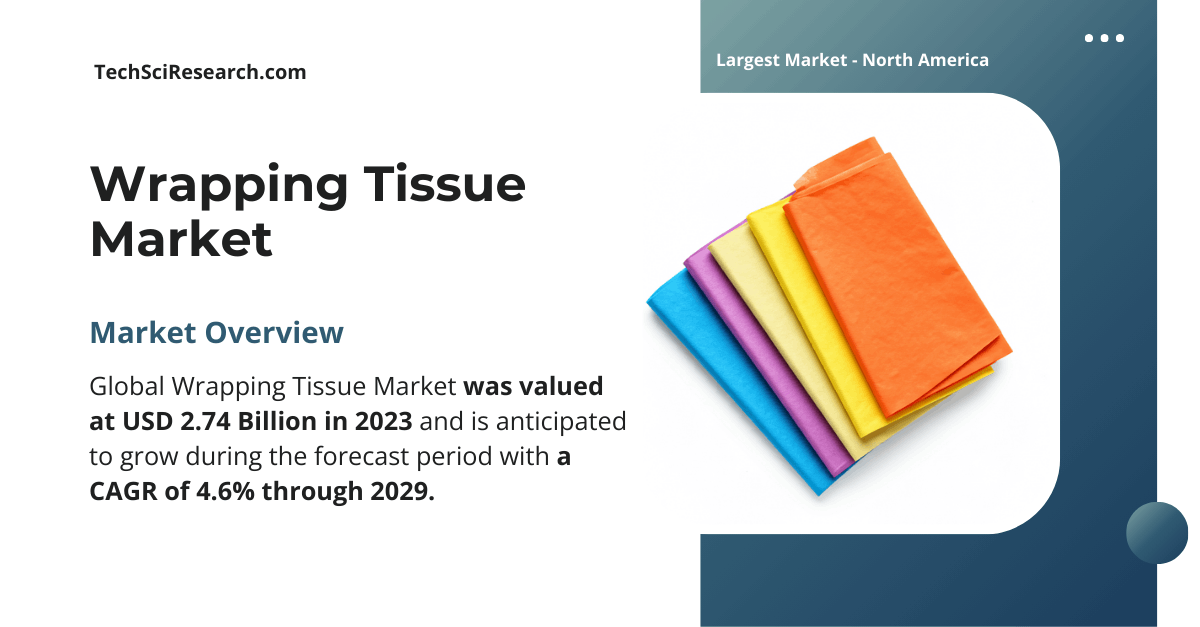UK VAT Registration for eCommerce Sellers: The Untold Challenges

Strong 8k brings an ultra-HD IPTV experience to your living room and your pocket.
For many eCommerce sellers looking to expand into the UK market, UK VAT registration isn't just a box to tick — it's often the first real test of how well you understand the tax and compliance landscape.
On the surface, it might seem simple: you register, charge VAT to your customers, pay it to HMRC, and reclaim VAT on eligible expenses. But in reality, VAT for online sellers is a tangled web of rules, exceptions, and post-Brexit complications. If you get it wrong, the consequences aren't just small admin headaches — they can cripple your cash flow, disrupt your operations, and even block your goods from reaching customers.
The Realities No One Tells You
If you think crossing the UK sales threshold with UK VAT rate is your only VAT trigger, think again. Many eCommerce sellers discover VAT registration is mandatory well before hitting that number, simply because:
-
Using UK warehouses or fulfilment centers like Amazon FBA.
The moment your inventory is stored in the UK — even temporarily — it creates a “taxable presence.” This alone obliges you to register for VAT, regardless of your turnover. Many Amazon FBA sellers are caught off guard by this rule and face penalties for late registration. -
Selling digital products or downloadable content to UK customers.
Digital services, such as eBooks, software, online courses, or streaming subscriptions, require VAT registration under the UK's place-of-supply rules, no matter where your business is based. -
Post-Brexit distance selling rule changes.
Before Brexit, EU sellers could rely on distance selling thresholds to delay UK VAT registration. Now, the rules have shifted dramatically. Goods entering the UK from outside face import VAT, and sellers need to understand complex new import mechanisms, including the Import One Stop Shop (IOSS) for EU sellers and customs declarations for others. Misunderstandings here can result in costly customs delays and surprise tax bills.
In short, your VAT obligations may start from the moment you sell your first product to a UK customer — long before you think you've “earned enough” to be taxed.
Why VAT Is a Double-Edged Sword
On paper, VAT seems fair: you collect it from customers, pay it to HMRC, and reclaim VAT on business expenses. However, for eCommerce businesses operating across borders, this becomes a balancing act that's far trickier than it appears.
Here's where the challenges lie:
-
Cash Flow Strain – VAT is collected on sales but often paid to HMRC before the actual customer payment arrives in your account, especially if you're selling via marketplaces that have payment delays. This can leave you out of pocket temporarily — or worse, permanently if your cash reserves are tight.
-
Complex Supply Chains – Many online sellers use multiple suppliers, fulfilment partners, and shipping routes. This makes it harder to reconcile VAT inputs (what you've paid on expenses) with VAT outputs (what you've collected on sales).
-
Missed Reclaims – Without meticulous records, you might fail to reclaim VAT on eligible expenses, particularly when buying goods or services from abroad. Over time, these missed opportunities add up to significant lost savings.
-
Penalties for Mistakes – HMRC imposes strict penalties for late VAT returns, incorrect filings, or underpayments. For fast-scaling startups, even a small error can have big financial consequences, and reputational damage is hard to undo.
In other words, while VAT can help offset some of your operational costs through reclaims, it can also drain your resources if mismanaged.
Post-Brexit VAT: The New Reality for Overseas Sellers
The UK's departure from the EU added yet another layer of complexity. Now, non-UK sellers must navigate:
- Import VAT and customs declarations for goods entering the UK.
- Marketplace rules, where platforms like Amazon or eBay may collect and remit VAT on certain transactions but not on others.
- Split compliance responsibilities, where part of the VAT process is handled by the marketplace and part by you.
Failing to adapt to these changes not only risks non-compliance but can also lead to customs holds that delay deliveries — a nightmare for maintaining customer satisfaction in a competitive online space.
Sterling & Wells: The Best VAT Partner for eCommerce
For eCommerce sellers — whether you're just entering the UK market or scaling up — VAT is not something to handle casually. That's where Sterling & Wells stands out. They aren't just another accounting firm; they are VAT specialists who understand the unique challenges online sellers face.
Here's how they help:
-
Pinpointing VAT Triggers Early – They review your entire sales model, supply chain, and storage locations to identify exactly when VAT registration becomes mandatory. This helps you avoid costly late registration penalties.
-
Navigating Post-Brexit Rules – From customs declarations to import VAT mechanisms, they ensure your goods move smoothly through UK borders without unnecessary delays.
-
Cash Flow Strategy – They don't just help you stay compliant; they also help you plan VAT payments and reclaims in a way that reduces strain on your working capital.
-
Multi-Channel VAT Management – Whether you sell on Amazon, Shopify, eBay, or through your own site, they can integrate VAT compliance into your entire sales ecosystem.
By outsourcing your VAT management to a partner like Sterling & Wells, you're not just buying compliance — you're buying peace of mind and freeing up your time to focus on growth.
The Bottom Line
VAT in the UK is far from a “set it and forget it” tax. For eCommerce sellers, it's a moving target shaped by where you store your goods, how you sell, and who you sell to.
Getting it wrong can mean cash flow issues, penalties, and operational headaches. Getting it right, on the other hand, can open the door to smooth operations, cost savings, and long-term business growth in one of the world's most lucrative eCommerce markets.
If you're an overseas seller eyeing the UK, don't go it alone. Partner with experts like Sterling & Wells who understand the fine print — so you can focus on making sales while they handle the tax maze.
Note: IndiBlogHub features both user-submitted and editorial content. We do not verify third-party contributions. Read our Disclaimer and Privacy Policyfor details.







